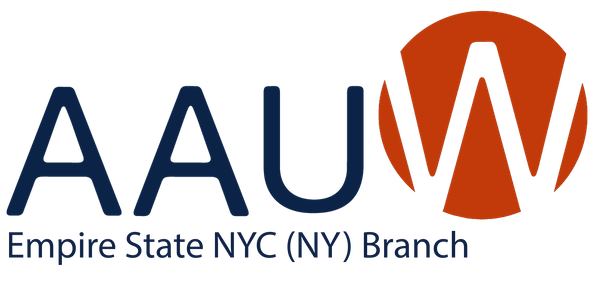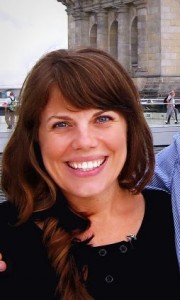Sara Shoener’s doctoral training fostered her excitement for identifying pragmatically important social questions and figuring out how to find the answers to them. Sara hopes to devote her life to this goal.
Sara is currently the Project Manager for a program funded through the Department of Justice’s Office on Violence against Women called the Consumer Rights for Domestic Violence Survivors Initiative. They provide training and consultation to attorneys and advocates who work on behalf of survivors of domestic violence, particularly to enhance their consumer rights advocacy efforts. For example, they just held training on credit repair and advocacy for survivors, and next month they will be hosting training on federal tax advocacy for survivors. This work stems from our goal to enhance women’s economic security in order to successfully seek safety for themselves and their families. They are also about to start working with the White House’s Equal Futures Partnership to expand women’s economic and political participation.Sara’s university (Columbia) had AAUW listed as a potential source of support for doctoral students working on their dissertation research.
Her first contact with AAUW was the submission of her dissertation fellowship application, and then Shana Sabbath emailing to notify her that she was selected.
It was remarkably simple. After hearing friends’ stories of endless applications, countless appendices, and bureaucratic disbursement of funds from other funding sources, she appreciated the efficiency and simplicity of this fellowship, so that she could focus more of her time on doing her research. As a writing process, it was also a pleasure to sit down and trace the ways that strong communities of women have so significantly bolstered all facets of her life.
It’s something that Sara had not thought much about yet. This fellowship was her first interaction with AAUW, and she only now learned about its resources and communities. She was sure by the end of her fellowship year she would have a better answer to this question.
The fellowship allowed Sara to carve out some space to focus solely on her research. Even more foundational, this fellowship has provided her project with a timeline and a structure that it previously lacked. In a less quantifiable way, getting the AAUW fellowship has given her confidence and validation regarding the value of her research project, which has a tendency to wane from time to time during the thick of analysis.
Sara’s primary goal was to complete a full draft of her dissertation. She finished the bulk of her data collection in the spring, and has since come home to New York to begin transcribing and analyzing the mountains of qualitative data she had. The analysis was mostly done at this point, as were the general outline of the dissertation and some more detailed skeletons of some chapters.
She was working toward a Dr. PH, a doctorate in public health, which, while still a research degree, is intended to be more practice-based than a Ph.D., and is more often sought by students who plan to go into some kind of public health practice, in comparison to fulltime university positions. Because of this, she had not intended to spend too much time developing her dissertation into publishable pieces for academic journals. However, she became so energized by what she found during data collection, that now she plans to also spend quite a bit of the next year strategizing about the most effective ways to disseminate what she learned to broader audiences.
Other short-term goals include teaching her two dogs to stop barking every time someone walks through our hallway, using her sewing machine more, and visiting every New York Public Library (an endeavor that can be followed here 🙂 www.librarysciences.wordpress.com
Most directly, the completion of this research was to be the final step in attaining her doctoral degree. After her schooling was complete, she planned to continue to be a researcher and advocate for programs that work to reduce violence against women.
Because her dissertation was exploring the structural barriers that women face in their communities when seeking long-term safety from abusive relationships, Sara suspected that the products developed from this research would be somewhat of a guide for her future work. For example, one salient theme that came out of her data collection was the significant role that economic abuse and poverty play in women’s inability to maintain safety. As a result, Sara had begun conversations with the White House and Department of Treasury regarding program and policy recommendations for enhancing American women’s economic security.
Sara’s doctoral training had fostered her excitement for identifying pragmatically important social questions and figuring out how to find the answers to them. She knew this excitement will be something that will drive her professional goals. After completing her doctoral degree, Sara hopes to find a job that allows her to marry my love of research with my passion for feminist advocacy. There are a number of nonprofit agencies, policy institutes, and think tanks in New York City which she would be very excited to be a part. New York City government is also spending an increasing amount of resources on understanding domestic violence in our communities, and she would love to be a part of that initiative.
Other longer-term goals include living in at least one other city for at least a year, finding an apartment with a yard, and exploiting her epidemiologist husband’s math skills for some quantitative research projects she had been thinking about for a while.

